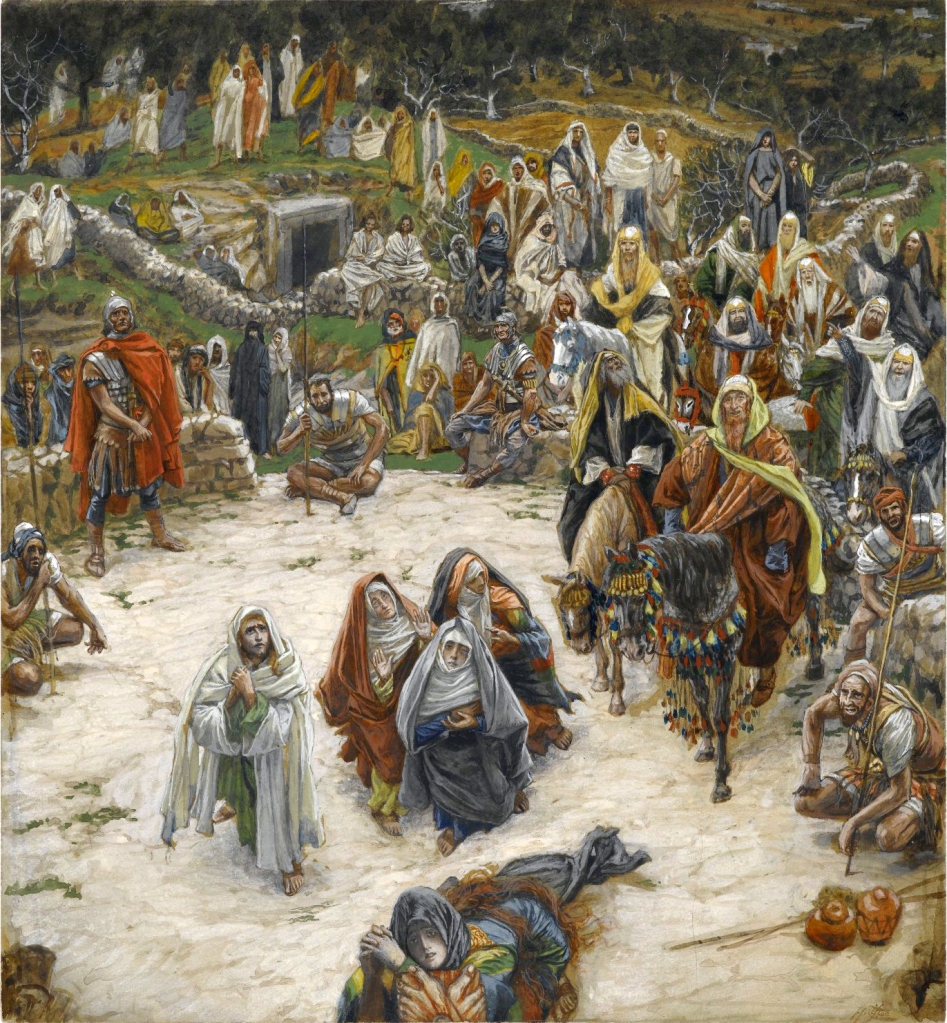Who but a sociopath on his way to trial on charges of buying a porn star’s silence would think the American people would fall for a stunt like this? It’s a short step from selling gold sneakers for $399/ pair to selling another first of its kind, the “God Bless the USA Bible,” complete with a copy of the U.S. Constitution.
Happy Holy Week! Let’s Make America Pray Again. As we lead into Good Friday and Easter, I encourage you to get a copy of the God Bless The USA Bible….
All Americans need a Bible in their home, and I have many. It’s my favorite book,” Trump said in his video posted on Truth Social. “I’m proud to endorse and encourage you to get this Bible. We must make America pray again.”
Donald J. Trump,
Those who practice their Christian faith know that “Happy Holy Week!” is a sign of the greeter’s unfamiliarity with the faith. We don’t wish each other a “Happy Holy Week.” Tears of joy (not happiness) well up only after tears of our own participation in the horror and sadness of Maundy Thursday, Good Friday, and in the haunting silence of god-forsakenness on Holy Saturday.

“Then said Jesus, ‘Father, forgive them; for they know not what they do.’ And they parted his raiment, and cast lots.”
Gospel of Luke 23:34 NRSV
Rev. Gordon C. Stewart, Presbyterian pastor (H.R.), public theologian, author of Be Still! Departure from Collective Madness (2017 Wipf and Stock Publishers), Brooklyn Park, MN, March 27, 2024, Wednesday of Holy Week.




